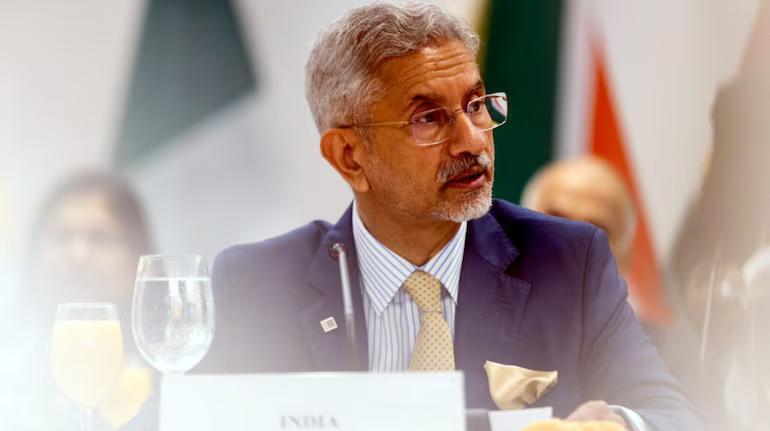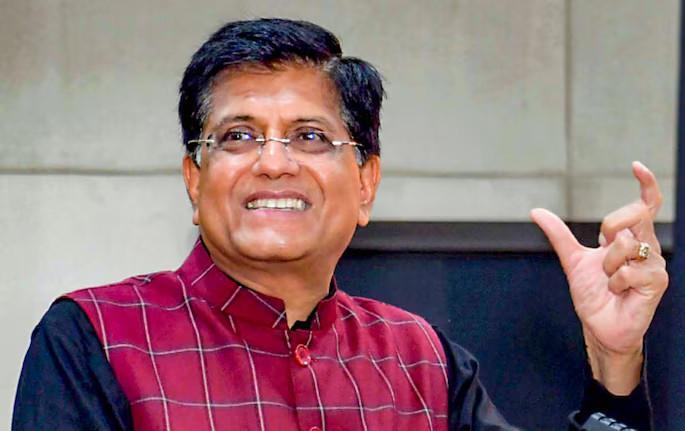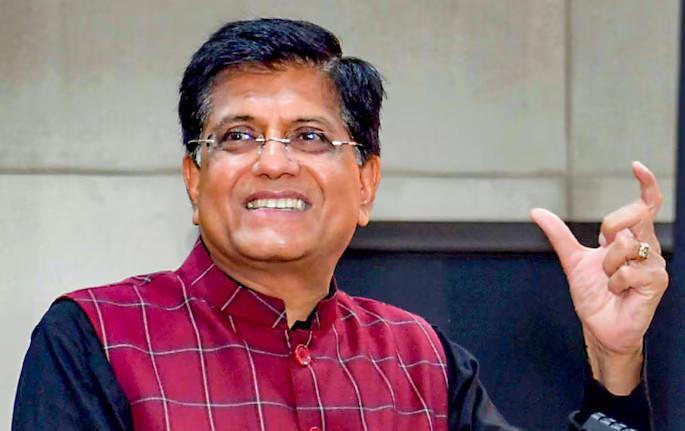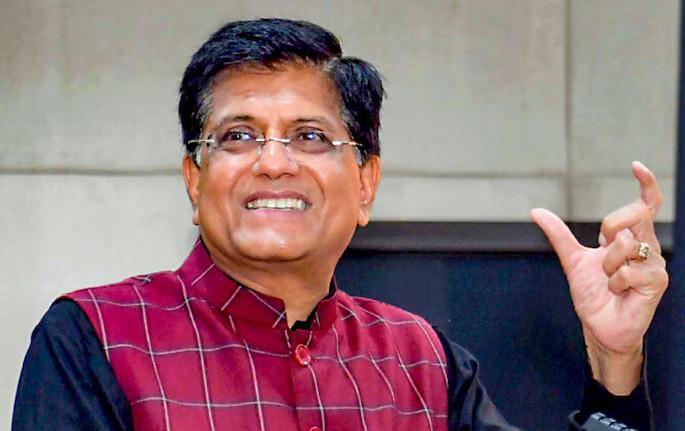
Business Decisions Now Made Considering National Security: EAM
In today’s interconnected world, business decisions are no longer just about cost-effectiveness and efficiency. The global landscape has shifted, and national security has become a crucial factor in making commercial choices. This was highlighted by External Affairs Minister S Jaishankar during his address at the Raisina Dialogue 2025. According to him, the world has moved beyond the traditional considerations of cost and efficiency, and now prioritizes secure partnerships.
Jaishankar emphasized that nations are now factoring in national security while making business decisions. This paradigm shift is a result of the growing concerns about cybersecurity, data protection, and the increasing reliance on technology in global trade. The External Affairs Minister pointed out that the digital era has brought about a new dimension to business dealings, where comfort, trust, and security have become essential elements.
The External Affairs Minister’s statement is particularly relevant in the context of India’s ongoing trade negotiations with major economies such as the European Union (EU), the United States (US), and the United Kingdom (UK). India has been actively engaging with these nations to strengthen its economic ties and enhance its global trade prospects. Jaishankar’s remarks suggest that India is not only focused on the economic benefits of these partnerships but also the security implications.
During his address, Jaishankar highlighted the need for nations to balance economic considerations with national security concerns. He emphasized that secure partnerships are now more important than cost-effectiveness. This sentiment is echoed by many business leaders and policymakers who recognize that the economic benefits of a partnership are often outweighed by the potential risks to national security.
The External Affairs Minister’s statement is also a reflection of the changing global landscape. The rise of digital technologies has created new vulnerabilities and opportunities for nations to engage with each other. The increasing reliance on technology has made it essential for businesses to prioritize data security and cybersecurity. Any breach of these measures can have severe consequences, including reputational damage and financial losses.
Jaishankar’s remarks also have implications for India’s economic diplomacy. The country has been actively pursuing its economic interests through strategic partnerships and trade agreements. India’s trade negotiations with the EU, US, and UK are aimed at enhancing its global trade prospects and promoting economic growth. However, these agreements must also take into account national security concerns.
In this context, Jaishankar’s statement serves as a reminder that economic diplomacy must be balanced with national security considerations. India must ensure that its trade agreements are not only beneficial economically but also promote national security. This requires a nuanced approach that takes into account the security implications of any trade agreement.
Jaishankar’s remarks are also a reflection of the evolving nature of national security. Traditional notions of national security, focused primarily on military security, are no longer sufficient. The increasing reliance on technology has created new vulnerabilities and opportunities for nations to engage with each other. National security now encompasses a broader range of issues, including cybersecurity, data protection, and economic security.
In conclusion, the External Affairs Minister’s statement emphasizes the importance of national security in business decisions. The world has moved beyond the traditional considerations of cost and efficiency, and now prioritizes secure partnerships. India’s trade negotiations with major economies must take into account national security concerns, and the country must ensure that its economic diplomacy is balanced with national security considerations.
Source:






